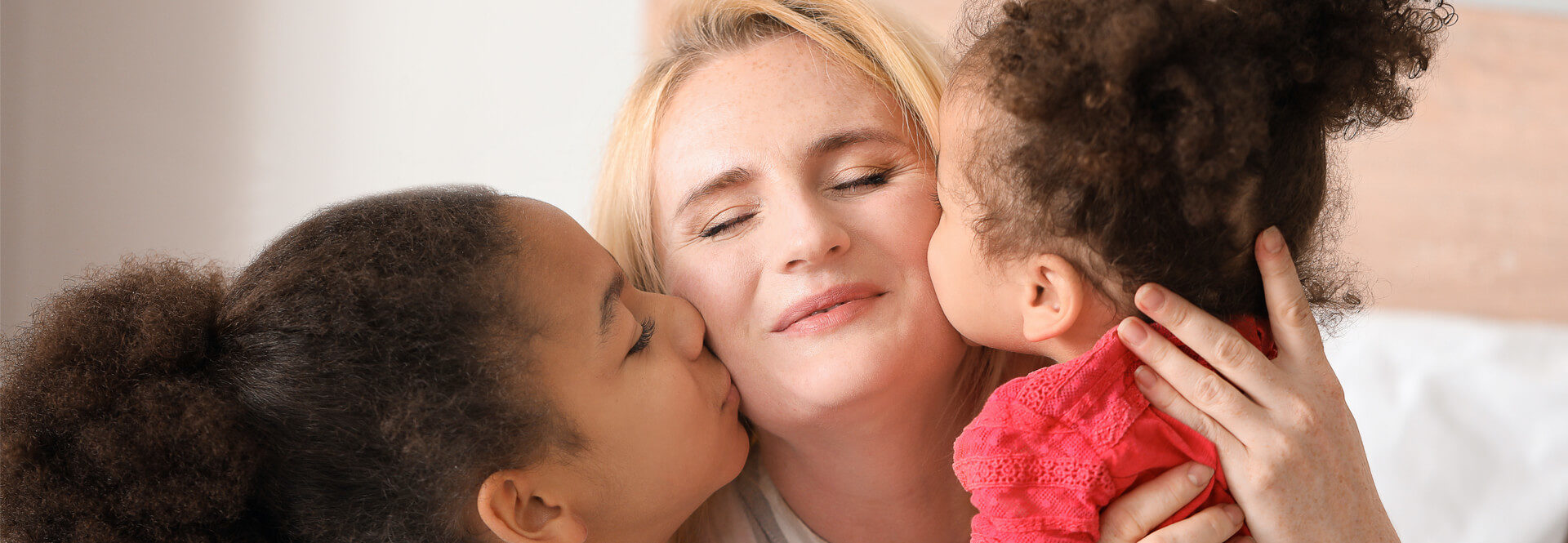
Ask The Adoption Coach: Starting School and Disclosing Adoption
Reader: With school getting ready to start, should I tell my child’s teacher that my child was adopted?
Adoption Coach:
Dear Reader:
Dear Reader:
This is a question I’ve had myself a few years ago when one of my children started preschool, and I believe it’s a very common concern among adoptive parents.
My friends who are fellow adoptive parents as well as some of my friends who are teachers, have varying opinions. Some parents feel that their child being adopted is a non-issue and doesn’t need to be disclosed to the child’s teacher. Other parents feel that sharing is a way to assist the child and teacher in having a successful school year.
As a former college teacher, it was always helpful to me when students would share with me anything that would impact their education. Some students, for example, had a learning disability. Though they weren’t required to share this with me, nor was it part of their student records, the students who disclosed their learning struggles helped me better assist them with assignments and classroom activities. If necessary, I could modify assignments, spend more time one-on-one working with the student, and learn the best ways to explain concepts.
One of my concerns as an adoptive parent is the fact that I know teachers sometimes (knowingly or unknowingly) share information with others or their conversations are overheard. Information about a student can become a source of discussion among teachers and even other children’s parents, and, then, possibly the children, your child’s classmates.
After talking with other adoptive parents, fellow teachers, and my child’s own teacher, I have arrived at the solution that works best for our family. First, we do disclose that our child is adopted, though it’s certainly not done as a big announcement, and it’s not always done at the beginning of the school year. (Our adoptive family status, I should say, is obvious, since our children are black and we are white.) Rather, we share that our child was adopted when it seems appropriate. However, oftentimes, our children beat us to it, since adoption is an open topic in our home and our children are quite comfortable with their adoption stories.
If your child’s adoption (be it past, present, or future) has any bearing on his or her education, I think disclosing is the best choice. For example, if your child spent several years in another country, unfamiliar with the English language, your child may have some language delays. Your child may need to be calmed or redirected in a particular way because of a traumatic past. If your child is uncomfortable being separated from you, share with the teacher why. Such as the fact that maybe your child was moved from foster home to foster home in the past, or had to meet with many social workers. Keep in mind that many teachers have little adoption knowledge (appropriate language to use, the types of adoption, etc.), so your willingness to discuss these things not only helps your child, but your child’s teacher. Some of the prospective issues your child may face in a classroom setting will be outlined in an IEP, though it’s always wise to follow up with the teacher.
Second, we share pertinent information as needed. For example, one of my children went through a phase where she frequently talked about her biological siblings and biological mother. I shared with the teacher that my daughter was very interested in sharing information about her birth family with others and how we embrace that within our family. I shared that we have an open adoption and what that means. I wanted my daughter’s teacher to be aware of our open adoption so that the teacher didn’t attempt to correct or question my daughter when my daughter named all of her siblings (biological and the siblings within our home).
Third, we encourage our child’s teacher to ask questions and demonstrate that adoption isn’t something we are ashamed of. However, it’s also not our children’s entire identity. Having open communication with the teacher is beneficial to all, and it helps us know that we can approach the teacher with any questions or concerns we have, such as with a particular assignment which may appear to exclude children who aren’t with their biological families. I recall one assignment where students were asked to match the baby animal with the parent animal, and I remember feeling a bit bothered by it, since matching based on appearance isn’t the only way families exist. I chose not to approach the teacher, but I knew that if I wanted to, the conversation would be met with openness and consideration because we had already established a respectful, open-minded relationship.
Other ways to encourage an adoption-friendly environment in your child’s classroom include adding books about adoption to the classroom (or school) library, offering to talk about adoption to the class (if your child is comfortable with you doing so), and helping the teacher modify any assignments that exclude certain types of families, such as adoptive families.
Always, keep your child’s right to privacy and respect in mind. What does he or she want to share? What would he or she prefer to keep private? Balance this with the information you must share to make sure your child has the best opportunity for success.


×
Search Adoption Network
Speak with a Specialist 1-800-367-2367
